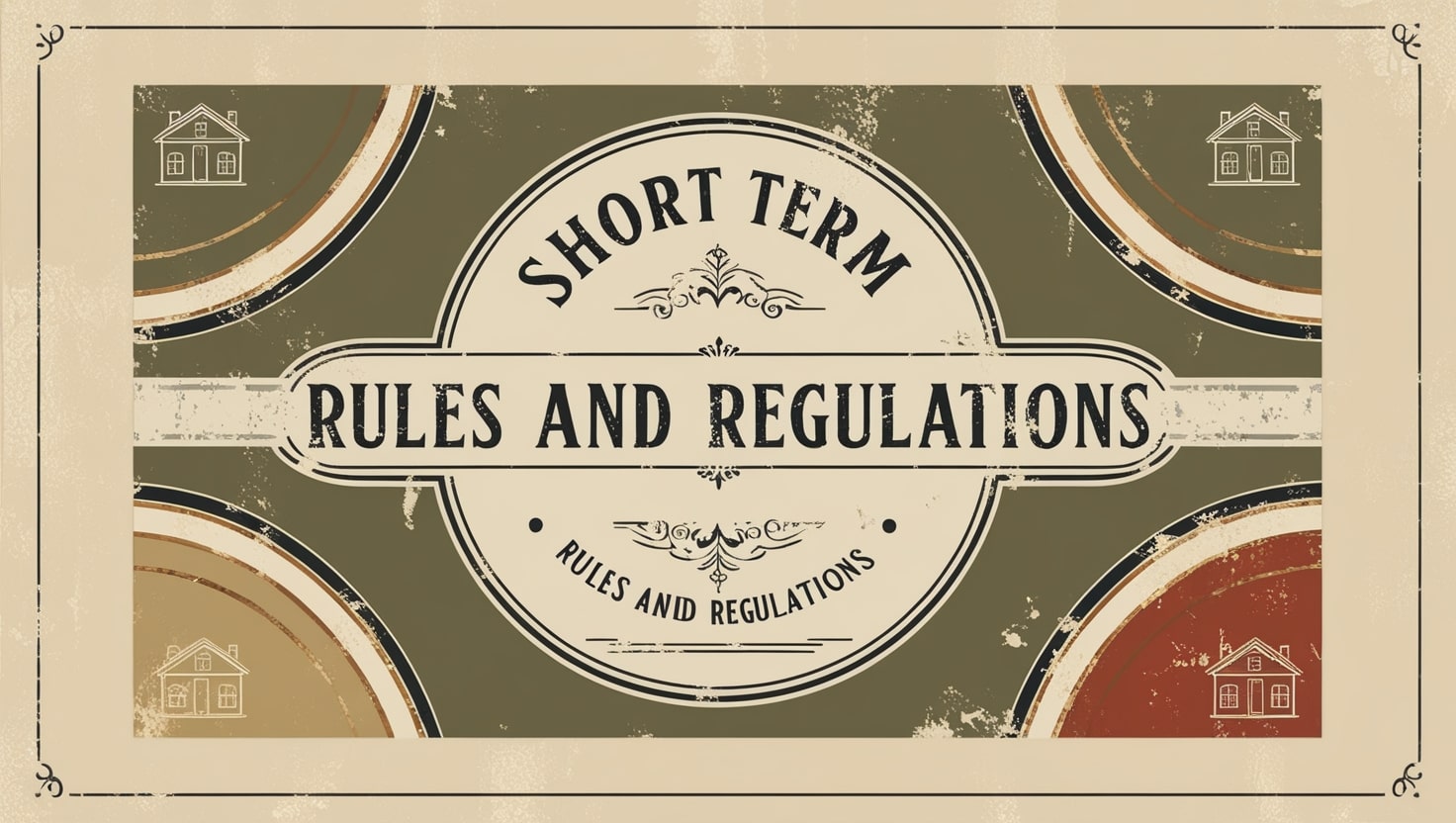Fort Lauderdale, United States Airbnb Rules & Regulations
Last updated on: 4th July, 2025


Last updated on: 4th July, 2025

Fort Lauderdale has become a popular destination for travelers, contributing to a robust short-term rental market, particularly for platforms like Airbnb. However, hosts must navigate a maze of regulations to operate legally and successfully. Here’s an overview of the key rules and requirements governing short-term rentals in Fort Lauderdale.
A vacation rental in Fort Lauderdale is defined as a residential unit rented to guests for a maximum of 30 days on no more than three occasions a year. This classification falls under the city's Zoning Code, which mandates compliance with local zoning laws that may restrict certain properties, such as accessory dwellings, from being used as vacation rentals.
To legally host short-term rentals, property managers must obtain several licenses and registrations: - State and County Licenses - City Registration: Must be completed on LauderBuild. - Department of Business and Professional Regulation (DBPR): Required unless hosting an owner-occupied homestead room rental, in which case a notarized exemption letter is needed. - Broward County Business Tax Receipt: Must be applied for online or in person. - Proof of property ownership and, if applicable, a notarized authorization letter from the property owner.
Hosts must adhere to strict regulations to maintain compliance and ensure visitor satisfaction: 1. Noise Restrictions: Noise must not be audible beyond 25 feet from 10:00 PM to 7:00 AM, and 50 feet during other hours. 2. Parking Regulations: Off-street parking is mandatory; on-street parking is prohibited. 3. Occupancy Limits: Sleeping occupancy is limited to two persons per bedroom, with a maximum gathering size capped at 20 people. 4. Trash Disposal: Must be managed in compliance with city regulations, including use of approved receptacles and adherence to pickup times. 5. Inspections: Properties must pass an inspection to receive a Certificate of Compliance.
Hosts are required to collect and remit various taxes, including: - Florida Transient Rental Tax: 6% of the total price. - Broward County Tourist Development Tax: An additional 6%. Platforms like Airbnb may automatically manage tax collection and remittance, simplifying compliance for hosts.
Failure to meet regulations can result in serious penalties, including fines ranging from $250 for minor violations to more significant penalties for repeat offenders.
In conclusion, those looking to operate a short-term rental in Fort Lauderdale need to be well-versed in the local regulations governing occupancy, noise, parking, and licensing. By staying compliant, hosts can successfully contribute to the city’s vibrant tourism industry while also ensuring a positive experience for their guests.